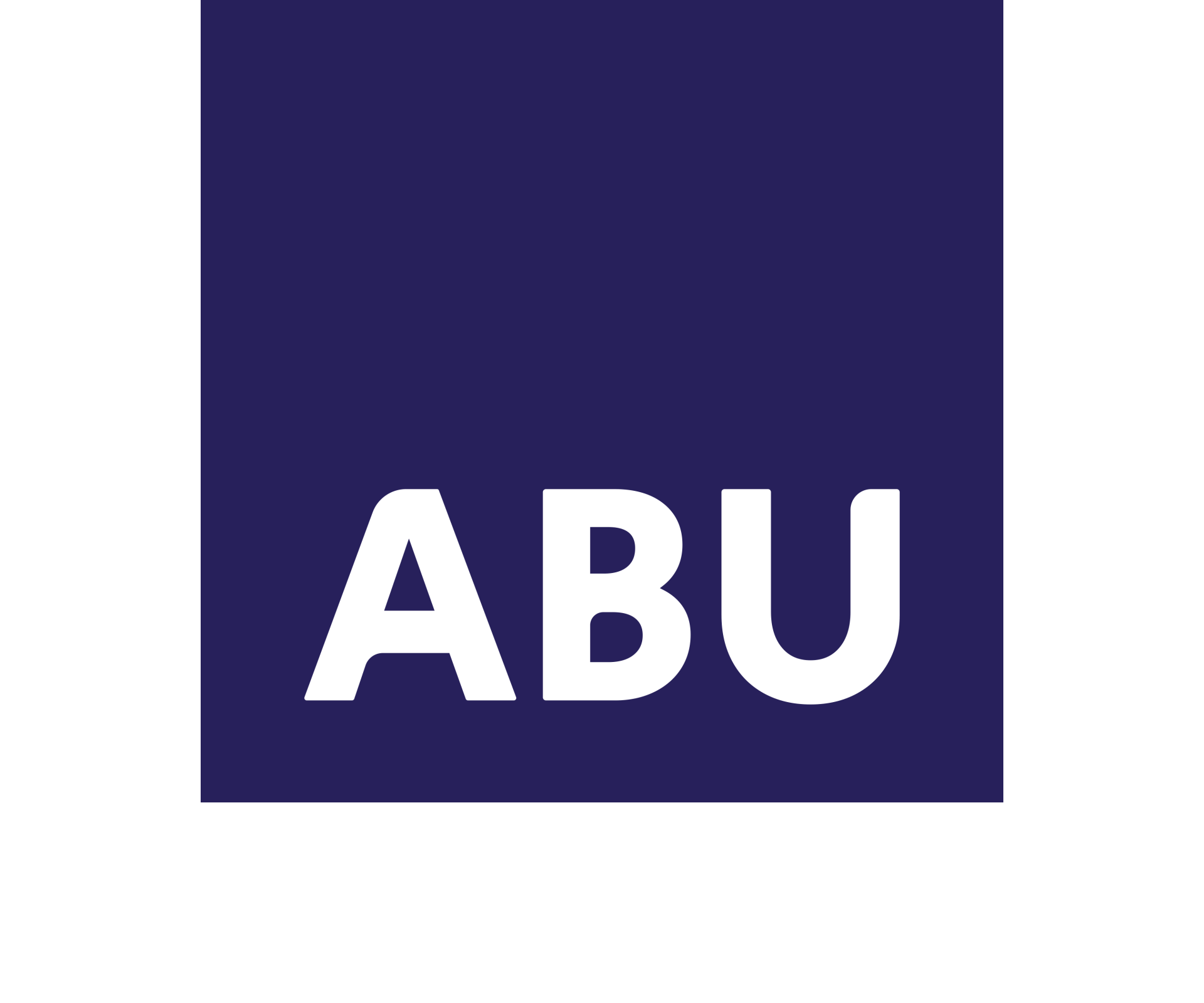Will you lose your job to AI in the digital revolution?

Apr 19, 2023
There’s growing uncertainty about who, exactly, should be worried about AI ‘taking their job’. It wouldn’t be the first time this has happened at scale; during the industrial revolution, new technology (machines) took over from people in factories and production lines, and beyond. And we’ve often wondered about the fate of, for example, taxi and lorry drivers when self-driving vehicles take over
This time, it’s knowledge workers who are worried about getting the axe. Large language models like ChatGPT have displayed an eerie ability to give us all the answers we want to hear in a neat cut-and-paste format, within seconds. All you have to do is craft the right prompt… oh, and fact check thoroughly, of course. No need to rifle through journal articles, email your friendly subject-matter expert or consult Google. It’s already done some pretty interesting things - it persuaded a human to send it the answer to a captcha (you know, the tests that exist solely to foil bots) and has even been named as CEO of a clothing company that it wrote the business plan for.
“But ChatGPT is different”
The sheer ease with which non-specialists can put ChatGPT to use has put many people on edge, and there are plenty of surveys with the stats to show it. Nearly 40% of 18-24 year olds in the USA are worried about new tech eliminating their jobs. Half of German respondents believe AI will cause businesses to reduce their headcounts, and on average, 40% of professional people surveyed in the US, France, Germany, the Nordics, and Australia fear that they will be replaced by AI within five years (compared with just 25% of Brits).
The experts are impressed
But what about industry experts? Our very own Hope Bradford, Senior Director of Digital Transformation, was interviewed by Business Insider on the topic recently. She told them that while the industry has long been using AI to match resumes to job titles and descriptions, “ChatGPT has taken it to a whole ‘another level”. She went on to say, “I think there's been conversation over time about many cycles of jobs being at risk as automation comes around and how those jobs evolve even from the very beginning of mechanics starting to evolve and those jobs actually change into other jobs".
There’s no artificial intelligence without human intelligence
But those tools - even as evolved as they are - still require human input. They need to be trained, prompted, checked and maintained. And AI can’t understand the nuances that humans pick up on subconsciously. If we look at AI as the tool it is, what it actually does is open up the possibility of humans being freed from carrying out the repetitive manual tasks that they have to do on a recurring basis. We have already seen this happen in robots that can pipette into 96-well trays with a higher degree of precision in a matter of seconds - a job that took humans much longer. But it didn’t replace that human, it just allowed them to spend their time on the more intellectual parts of their role.
So when AI is running the tests and wrangling the data into beautiful dashboards, we can be designing the next product, doing qualitative research and connecting with customers or suppliers. Maybe we’ll even get a three-day work week!
Or, perhaps, it’s all a flash in the pan and the world of work is going to remain largely unchanged. Fear may be high, but that doesn’t mean the threat is real. If that many people are made surplus to requirements, new requirements will be made. There truly is no limit to human ingenuity.







